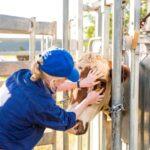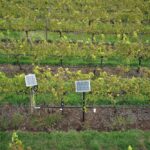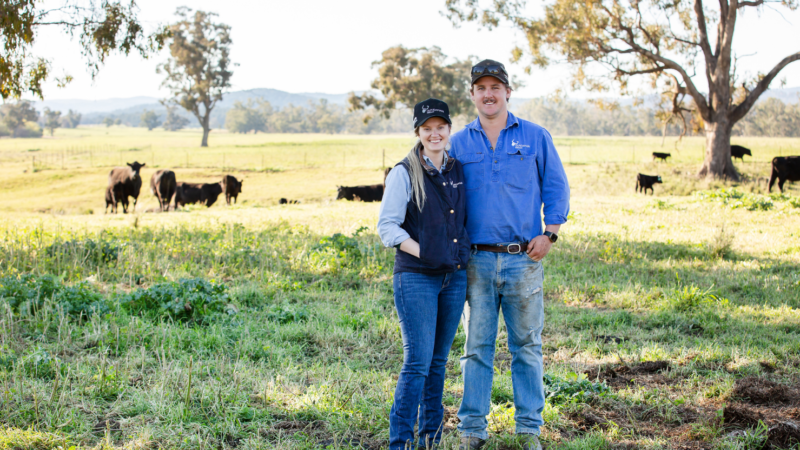NSW Farmers has partnered with the Future Food Systems Cooperative Research Centre and the University…
NSW Farmers AC: Future of farming

The inaugural NSW Farmers� Securing the Future of Farming Forum set the stage for an engaging and upbeat NSW Farmers Annual Conference at Luna Park in late July.
Held on the first evening of the conference, the forum featured a panel of experts who all spoke about the importance of adaptability in unlocking the growth of local food and fibre production.
NSW Farmers Head of Policy and Advocacy Annabel Johnson said it was critical to look for innovative ways to grow the sector into the future, as farmers grow the food and fibre that feeds and clothes us all.
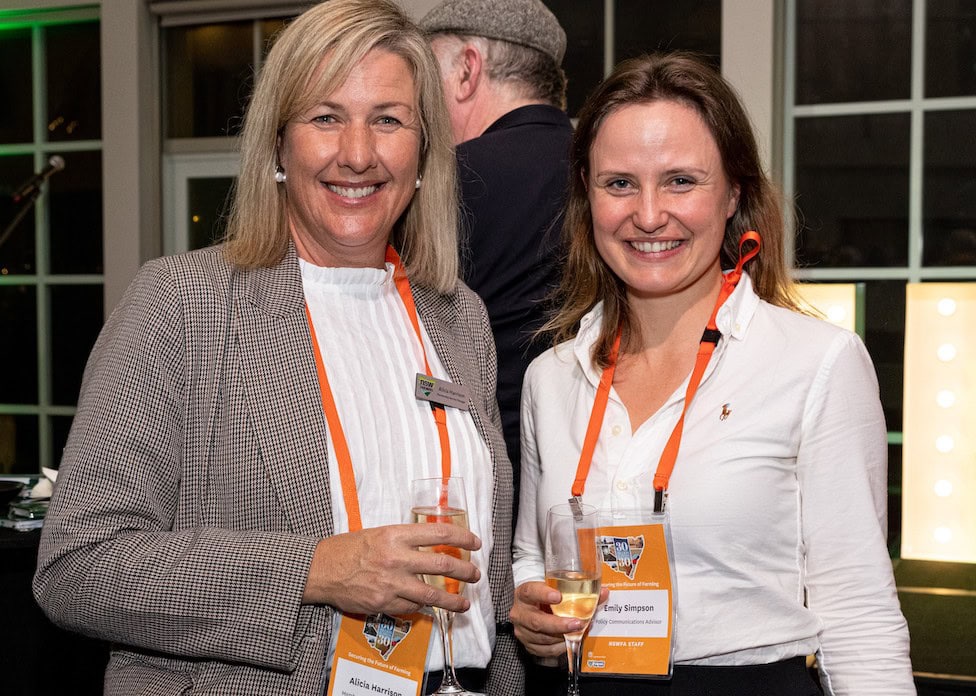
�Australia is clearly a leader in adopting new technology and finding ways to do more with less, and I think we need to push the envelope in really boosting our productivity,� Annabel said.
�Not only will that help us combat inflationary pressure in the economy, it will also help us grow a stronger, more sustainable farming sector into the future.�
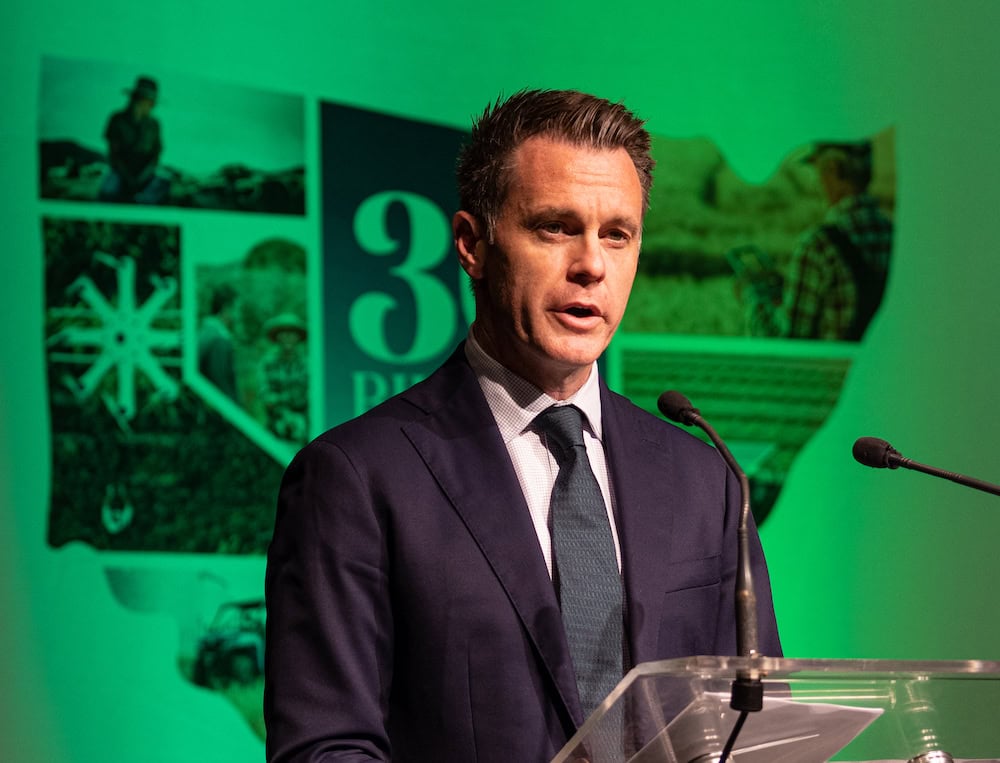
Panellists also provided some insights into the challenges while heading towards a rosy future for farming in NSW, including natural disasters and biosecurity incursions.
When asked about the impact of foot and mouth disease in the UK, panellist and former Scottish farmer Andrew Whitelaw from Thomas Elder Markets simply replied �huge� before recounting a powerful firsthand account of living through the UK�s horrific outbreak
in 2001.
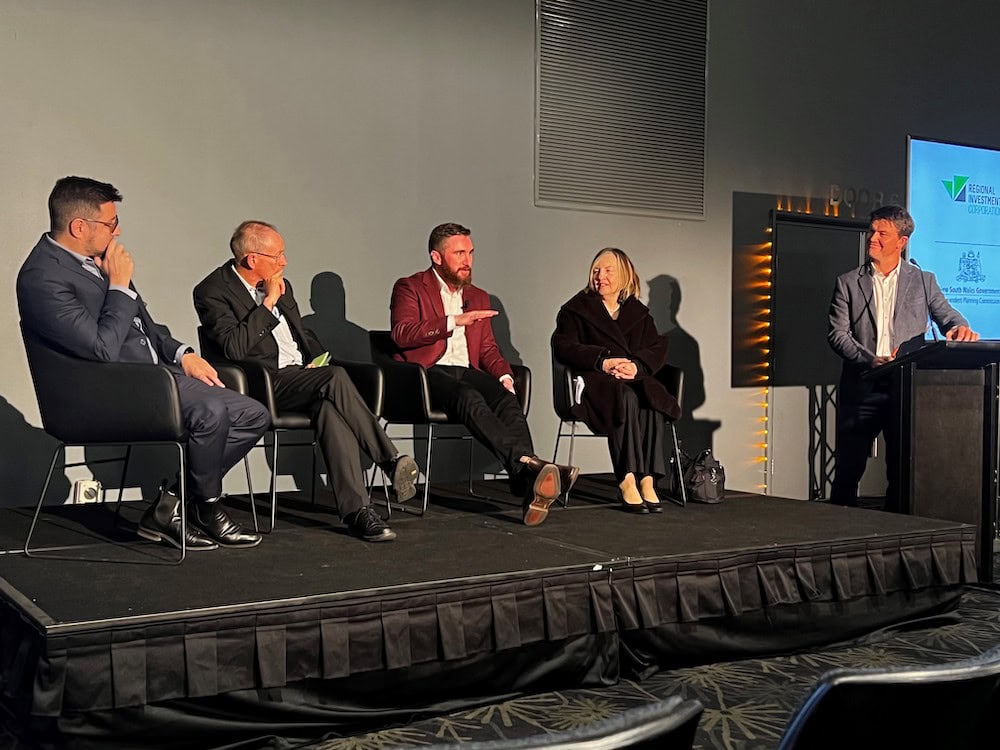
The show goes on
Biosecurity threats loomed large during policy debate at the ensuing three-day Annual Conference, alongside other key future of farming topics such as renewable energy, sheep traceability and water management.
Despite the challenges facing the farming sector, outgoing NSW Farmers President James Jackson said he was heartened by positive policy developments over the past few years.
�We�ve worked hard to get some key wins in securing farmers against trespassing activists, natural disaster support, coastal harvestable rights, and recently with the state�s boost to biosecurity funding,� James said.
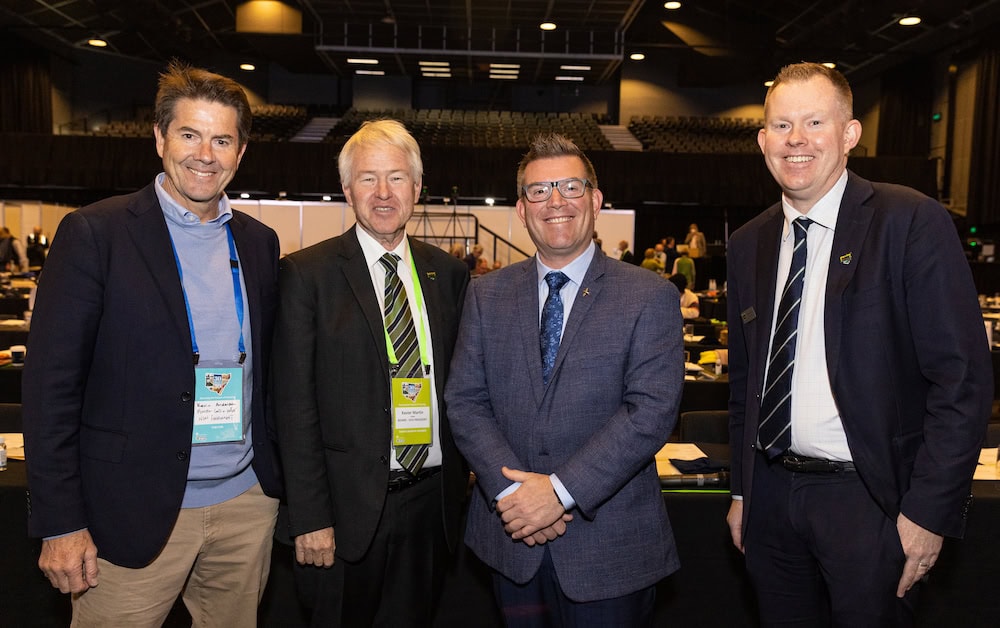
�Quite often the wins are small and incremental, but we�re moving the needle on important policies and making things better for farmers bit by bit.�
Serious debate aside, it was clear that members genuinely enjoyed a break from the paddock for a catch up after a two-year hiatus at Sydney�s iconic amusement park.
Farmers demand fairness in energy transition
Several motions were brought forward by NSW Farmers members discussing energy transition, with many voicing concerns about building transmission lines across farmland.

NSW Farmers Energy Transition Working Group Chair Reg Kidd said there needed to be a rethink on the rollout of transmission lines, a vastly improved understanding of the effects on regional rural values
and economies, and a recognition of the need to protect the land that grows the food and fibre for the state.
�You cannot build infrastructure to benefit substantially city users without addressing the impact on regions and rural landowners who have invested in their biodiversity and production capacity,� Reg said.
�The costs to regions in loss of land values and rural amenity are large, ongoing and divisive, and there is little consideration of the long-term impacts in the haste to build while government fiddles with the phase-out of coal power.
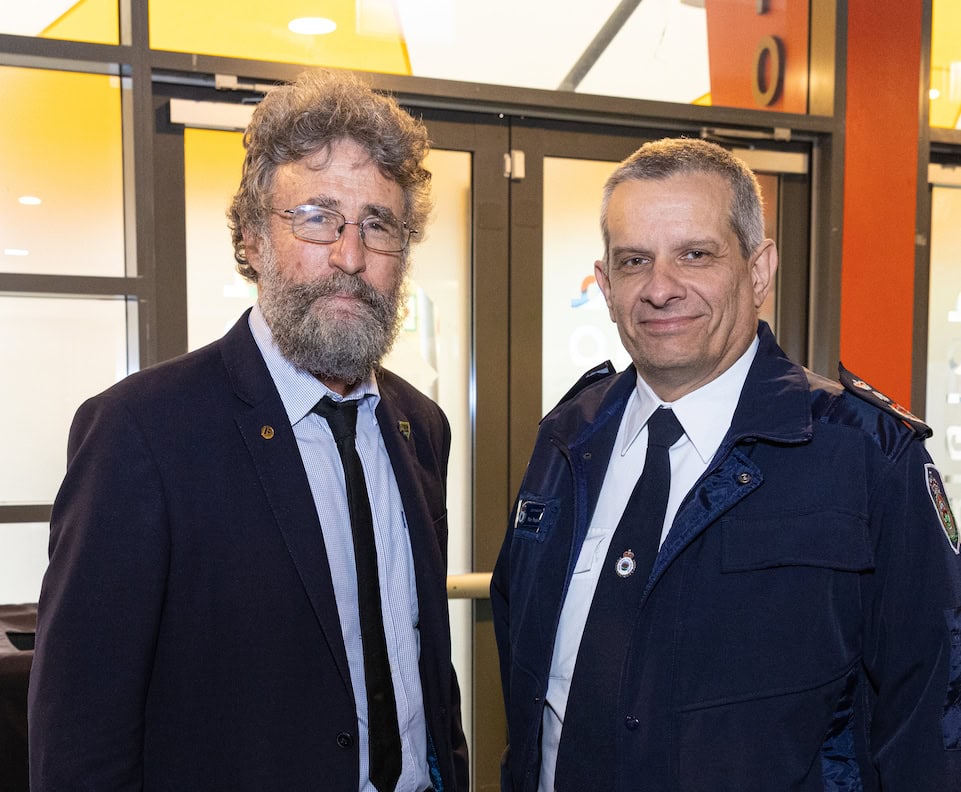
�We need to better define what is acceptable in building solar and wind installations on rural land, and how they impact on neighbours and towns,� he said. �If it wouldn�t be considered appropriate in Woollahra, it shouldn�t be considered appropriate for Walgett.�
Support for individual sheep traceability
NSW Farmers� Annual Conference delegates voted to support the use of a national individual traceability system for sheep.
The change in NSW Farmers policy follows an agreement by federal, state and territory governments to roll out a national sheep and goat electronic identification system.
Australian cattle are already individually tagged but sheep are only identified by a mob-based system, except in Victoria.
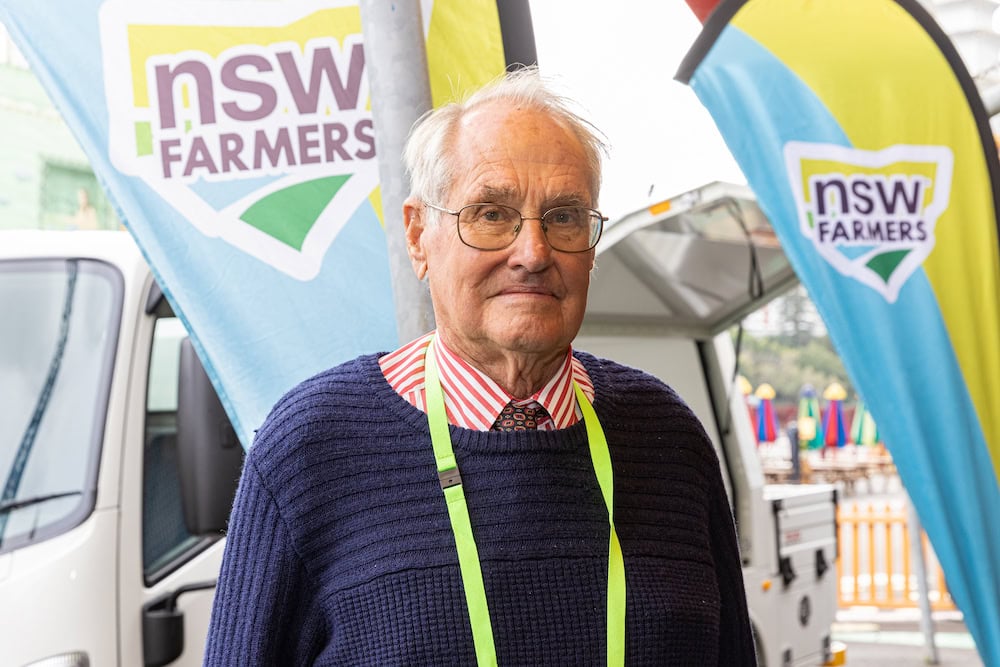
�The policy passed at the Annual Conference does have caveats when it comes to implementation of a national scheme,� explained NSW Farmers Sheep Meat committee chair Jenny Bradley.
�These important caveats include that it be a national sheep traceability system, there is cost minimisation and financial assistance to undertake the transition, and that costs are shared along the supply chain.�
The new policy also includes the proviso that it be a staged rollout over five years.
�This policy ensures that NSW Farmers will have the ability to negotiate the details of national traceability rollout.
�A national eID system will not stop exotic diseases coming into the country, but it will assist in shortening the time our industry is at a standstill or lockdown if an incursion was to occur.�
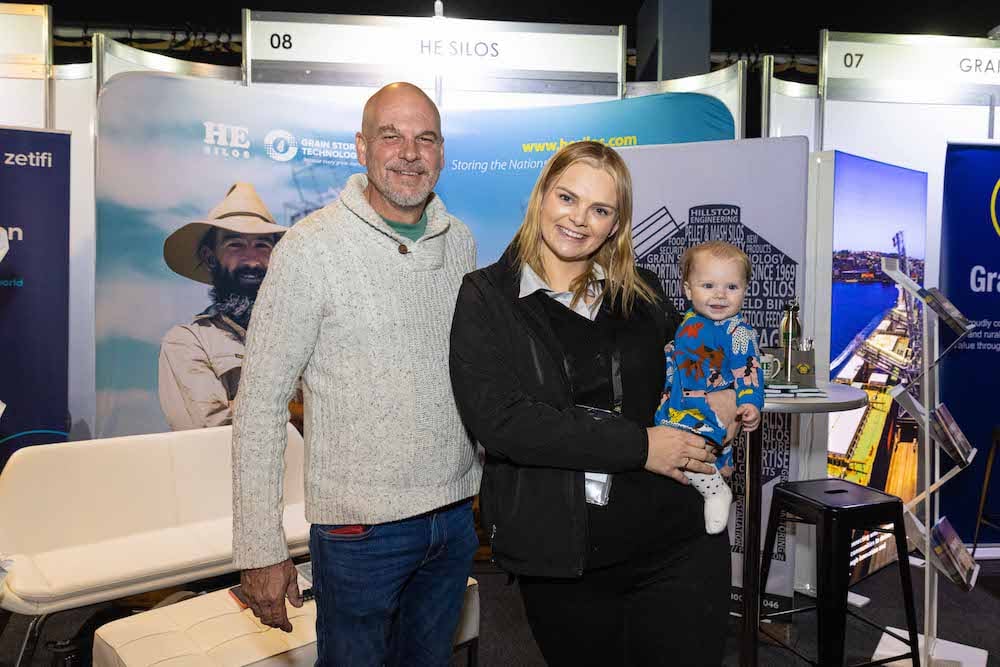
NSW Farmers Biosecurity Chair Ian McColl agreed, saying that while electronic tagging could be helpful, it would not be a silver bullet for the threat posed by diseases like foot and mouth disease.
�Our members voted to provide in principle support for the development of a national individual traceability system for sheep,� Ian said. �However, this national system must have jurisdictional harmonisation, be affordable and be developed in consultation with producers.
�Traceability reforms must ensure that the costs are effectively shared throughout the supply chain and with the government.�
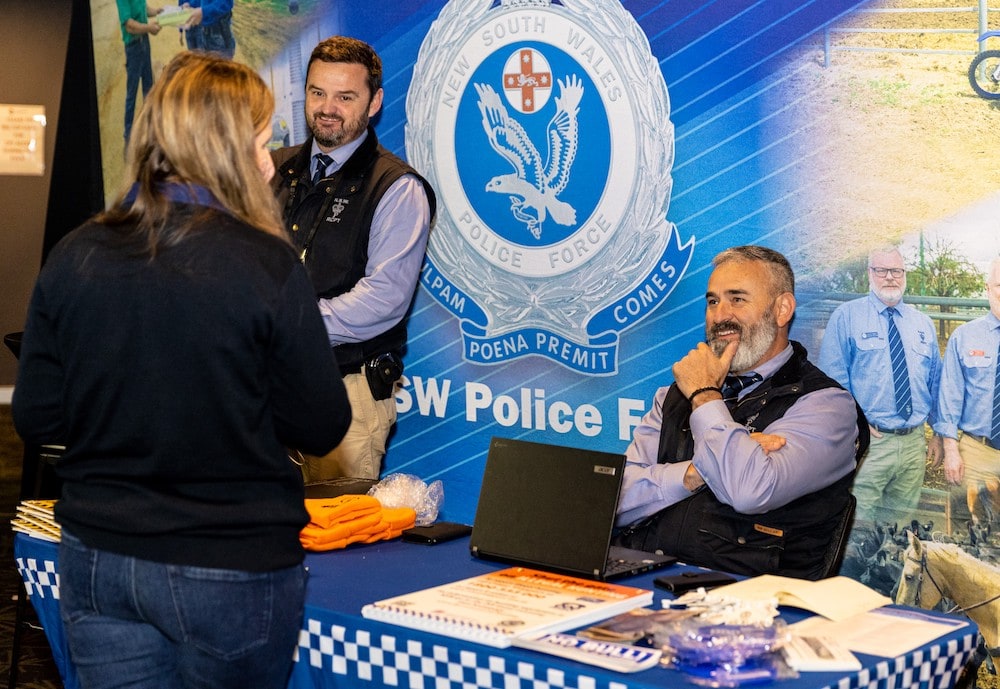
The 2022 NSW Farmers Annual Conference was supported by Safework NSW (Principal Partner), WFI (Major Sponsor), Bunnings, CLIPEX, Telstra, GRDC, NSW DPI, NSW Rural Fire Service, Local Land Services, Transport for NSW, MLA, NAB, RAMPH, Regional Investment Corporation, Water NSW, Blundstone Australia, Port of Newcastle, Australian Wool Innovation, BCT, Manildra, TransGrid, BAYER Crop Science, GrainCorp, HE Silos, Corteva, NSW Rural Crime Prevention Unit, Kids to Farm, Mobil, AgSafe, EG, Essential Energy, ARTC, DELL, CropLife, Isuzu Trucks and the Biodiversity Conservation Trust.
If you enjoyed this feature you might like to read our story on how farmers need more than a summit to solve the ongoing labour shortage crisis.



